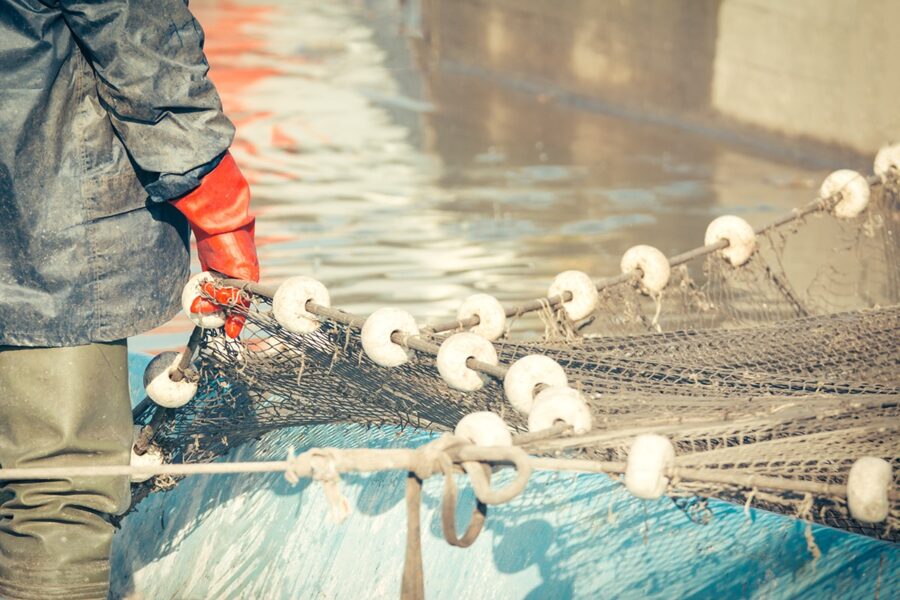Fishermen have a ‘low-trust’ relationship with fishery managers and scientists, new research has found.
Research carried out by the Countryside and Community Research Institute (CCRI) and published by DEFRA looked at how professional fishermen and recreational anglers participate in the management and science of fisheries in England.
The research set out to answer 10 questions about how fishermen and anglers had experienced taking part in fisheries management and science. Over 600 people took part, through interviews or by answering a survey.
The research is particularly relevant to the UK fishing industry as DEFRA has committed to a fisheries co-management approach involving fishermen, managers and scientists.
In Scotland, for example, fishermen are working with scientists on the BATmap project to provide real-time catch data to enable cod avoidance, which won the recent Fishing News Awards Sustainability Award.
The researchers said that ‘on paper’, it appears that fisheries management has ways in which fishermen and anglers could participate.
“Indeed, we found that many of those who work close to policy-making have found it offers chances to participate. But many other people report that they have not had the opportunity to participate, and they would very much like to do so,” they say.
“The situation with fishers is one that we characterise as a low-trust environment. Barriers to nurturing more meaningful relationships include cultural ones, where differences are not acknowledged, and active listening is missing. In this environment, joining groups is not seen as very effective, and those who have engaged often would not repeat the experience.”
Anglers, in contrast, have far less experience of engaging with either fisheries management or science, but are ‘very keen to do so’. The online survey showed that those involved in angling clubs have attitudes towards trust and collaboration that make them well-qualified to take part.
“Fishers and anglers generally expressed a strong desire to participate, and for their knowledge and expertise to be acknowledged,” says the report.
“The local, personal and oral communications are significantly valued, suggesting ways of building trust and community. We found examples of people building thriving communities, which indicate that capacity and ability for better outcomes remain.”
One of the factors in successful participation is an understanding of the limits of national policy, say the researchers. “Often discussions are dominated by a policy that only impacts larger businesses, whilst local supply chains, access to harbours, or myriad small business problems are more pressing for fishers.”
Although fishermen and anglers take a more positive view of fisheries science, cultural distance and mutual understanding are problematic, the researchers found. Both groups feel that their understanding and experiences are not consistently recognised.
Matt Reed, the project leader for this research, said: “This is a critical report that can help all those involved increase their understanding of the shared problems of the marine environment. Hundreds of people took part in it, and we would like to thank them for their contribution and trust in us.”
This story was taken from the latest issue of Fishing News. For more up-to-date and in-depth reports on the UK and Irish commercial fishing sector, subscribe to Fishing News here or buy the latest single issue for just £3.30 here.








